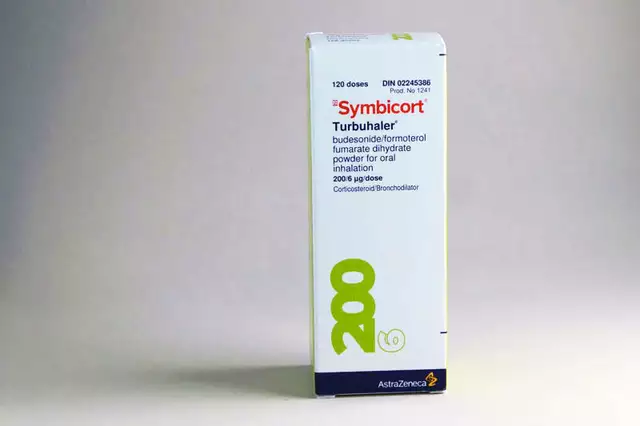Atarax Alternatives: What Works Instead of Hydroxyzine
Hydroxyzine (Atarax) is a sedating antihistamine people use for itching, allergy relief, anxiety, and short-term sleep help. If Atarax causes too much drowsiness or interacts with other meds, there are several clear alternatives depending on what you need it for.
Allergy and itch relief
If your main problem is sneezing, runny nose, hives, or mild itch, non-sedating antihistamines are a good first switch. Cetirizine (Zyrtec) and loratadine (Claritin) work for most seasonal allergies and cause less sleepiness than hydroxyzine. Fexofenadine (Allegra) has the lowest sedative risk and is best if you need daytime focus. For severe itching, short courses of diphenhydramine (Benadryl) can help but expect sleepiness. Topical options like steroid creams or emollients reduce skin inflammation without systemic effects. For sudden severe allergic reactions, epinephrine is the correct emergency option - antihistamines do not replace it.
Anxiety, sleep, and chronic itch options
When hydroxyzine is used for anxiety or insomnia, there are both drug and non-drug alternatives. For ongoing anxiety, first line choices include SSRIs like sertraline or escitalopram, and buspirone for generalized anxiety; these need weeks to work and require a prescription. For short-term severe anxiety, benzodiazepines work fast but are best only for brief use due to dependence risk. For sleep, trazodone or low-dose doxepin can be effective and are commonly prescribed off-label. Over-the-counter melatonin or improving sleep habits often helps without medication.
Chronic itch from conditions such as eczema or neuropathy sometimes needs different drugs: gabapentin or pregabalin can treat nerve-related itching, and low-dose tricyclics like doxepin help some patients. A dermatologist or neurologist can guide advanced treatments.
Quick practical points: check how fast a drug works, how long it lasts, and how sedating it is. If daytime alertness matters, prefer fexofenadine or loratadine. If you need medical management for anxiety or chronic conditions, see a prescriber who can tailor treatment and check interactions.
Safety tips matter. Don't mix sedating antihistamines with alcohol or opioids. Tell your doctor about pregnancy, breastfeeding, heart disease, or glaucoma, because some options are unsafe. Watch for side effects like dry mouth, blurred vision, or dizziness, and stop a drug and call a clinician if you get severe reactions.
Switching from Atarax to another drug should be a plan, not a guess. Talk with your healthcare provider about what symptom you want to treat, your daily routine, and other medicines you take. That makes it easier to pick an alternative that controls symptoms and fits your life.
Here are quick picks: for daytime allergy control choose fexofenadine or loratadine; for nighttime itch relief diphenhydramine or a short course of hydroxyzine under supervision; for ongoing anxiety consider an SSRI or buspirone with follow up; for stubborn neuropathic itch ask about gabapentin. When buying medications online, use licensed pharmacies, look for a visible pharmacist contact, and avoid sites that sell controlled drugs without a prescription. Keep a list of all your meds and share it with any new prescriber to avoid dangerous mixes. Ask questions freely.

Explore Alternatives to Atarax: Your Guide to Anxiety Relief
Discover alternatives to Atarax for managing anxiety. Dive into the pros and cons of Alprazolam (Xanax), evaluating its suitability for your needs. Navigate the complexities of anxiety medications with our easy-to-understand guide.
Health and WellnessLatest Posts
Tags
- online pharmacy
- medication safety
- generic drugs
- medication
- dietary supplement
- side effects
- online pharmacy UK
- drug interactions
- mental health
- impact
- online pharmacies
- statin side effects
- dosage
- generic vs brand
- pediatric antibiotics
- antibiotic side effects
- skin health
- health
- pain relief
- dietary supplements




